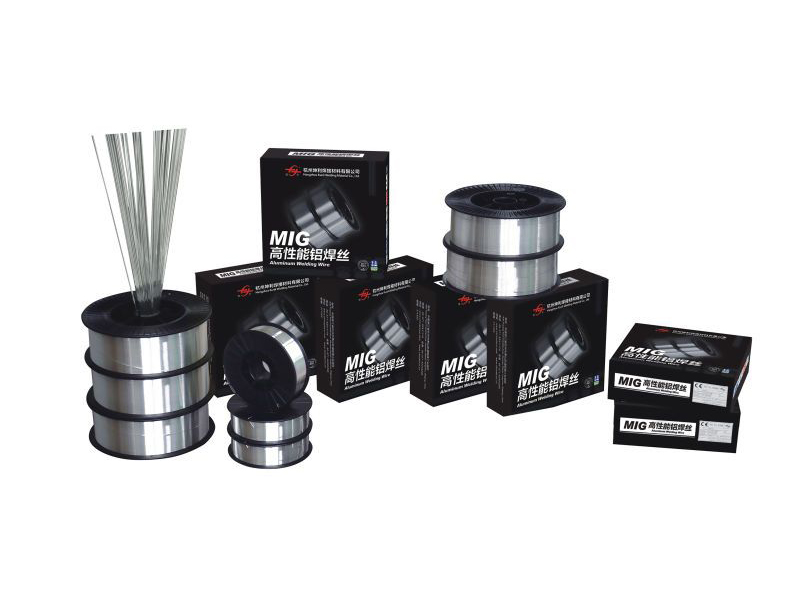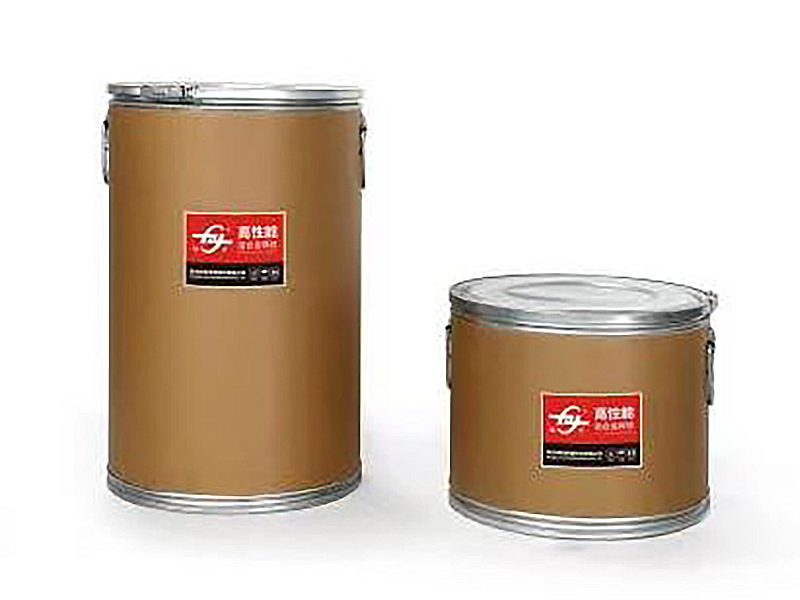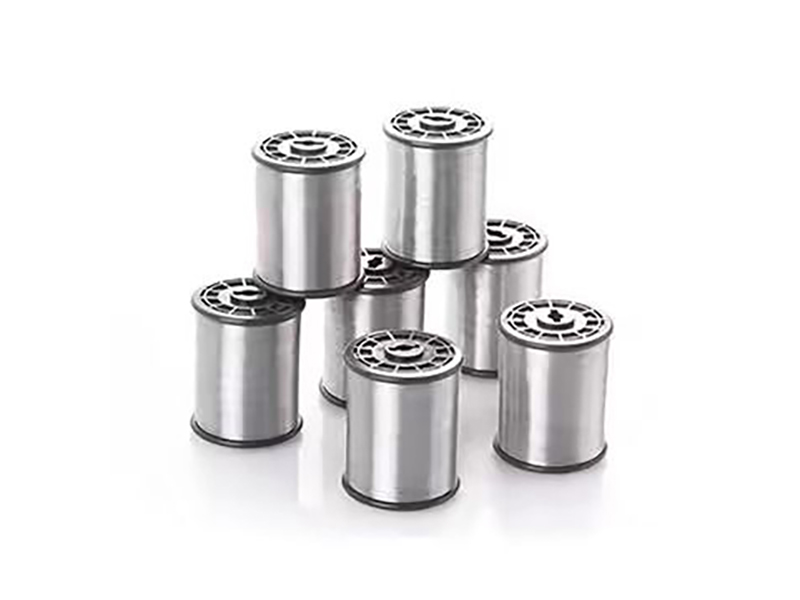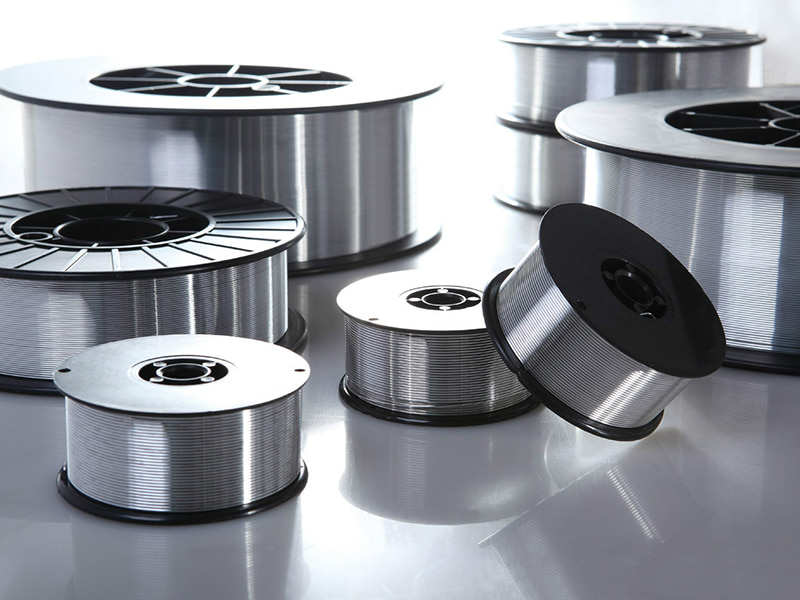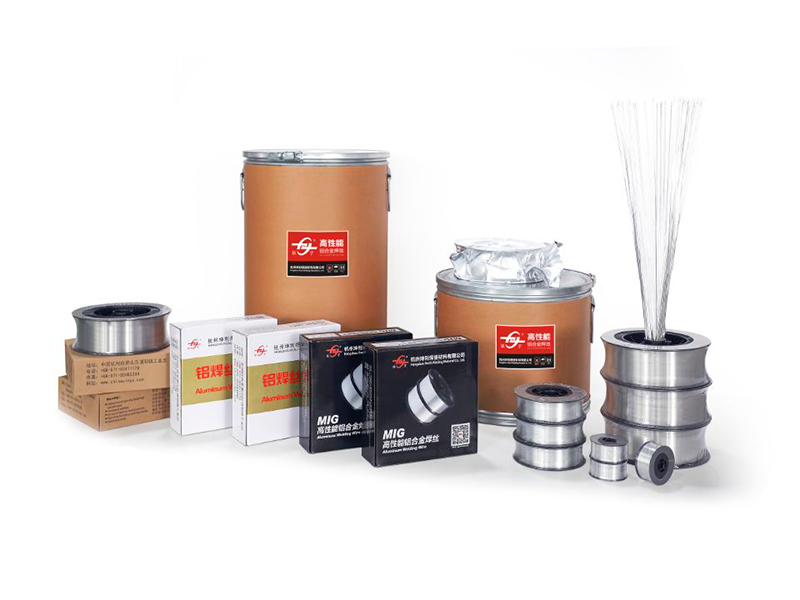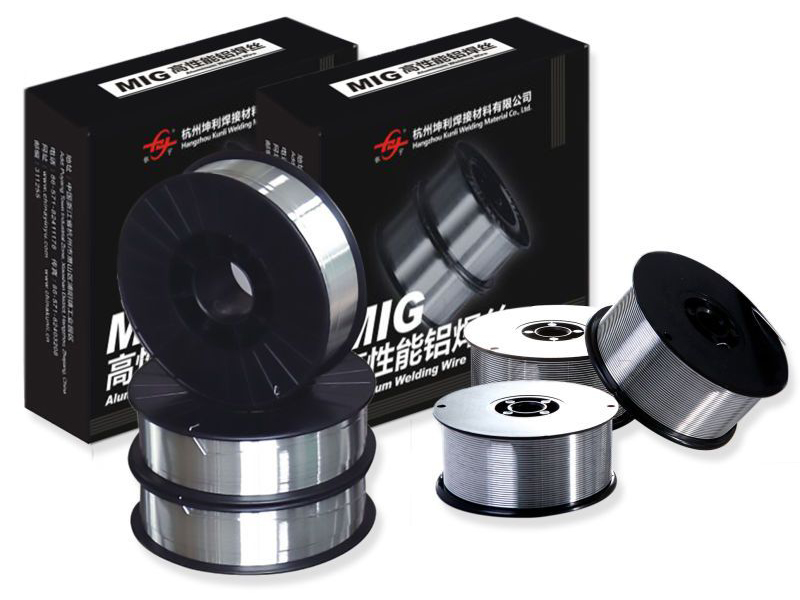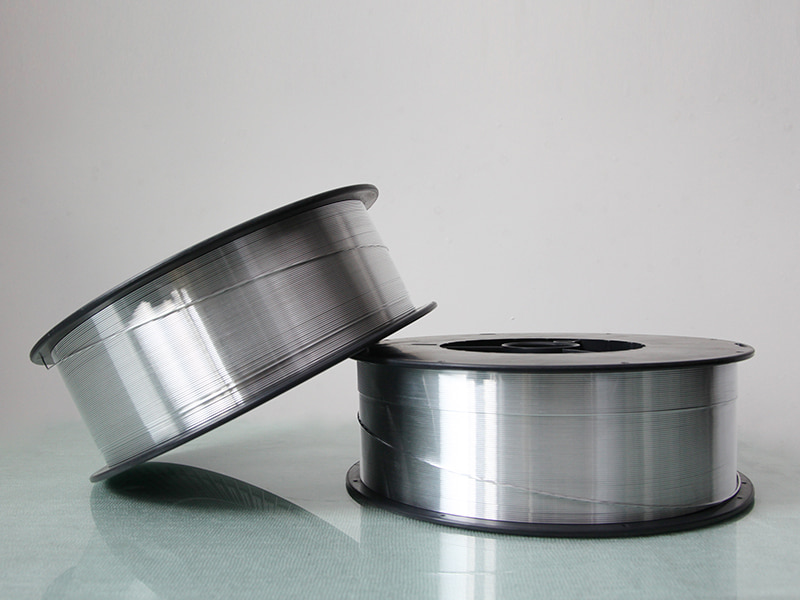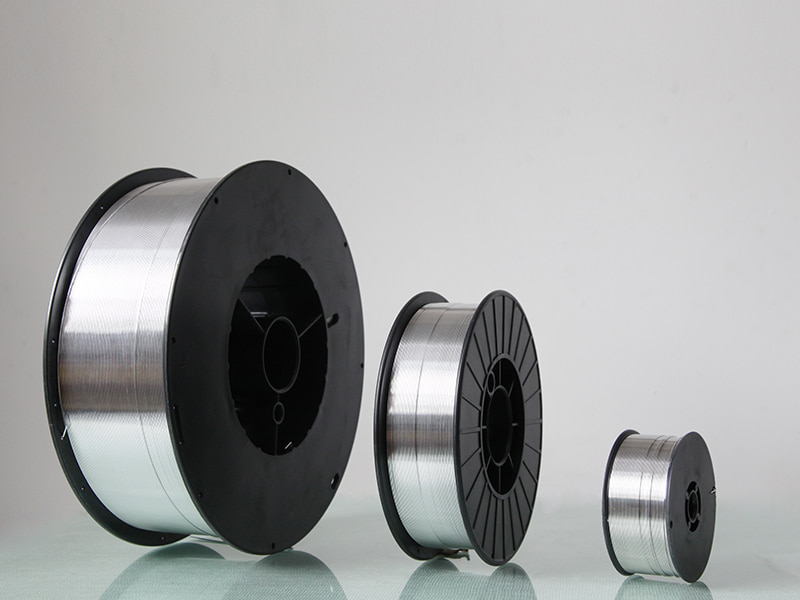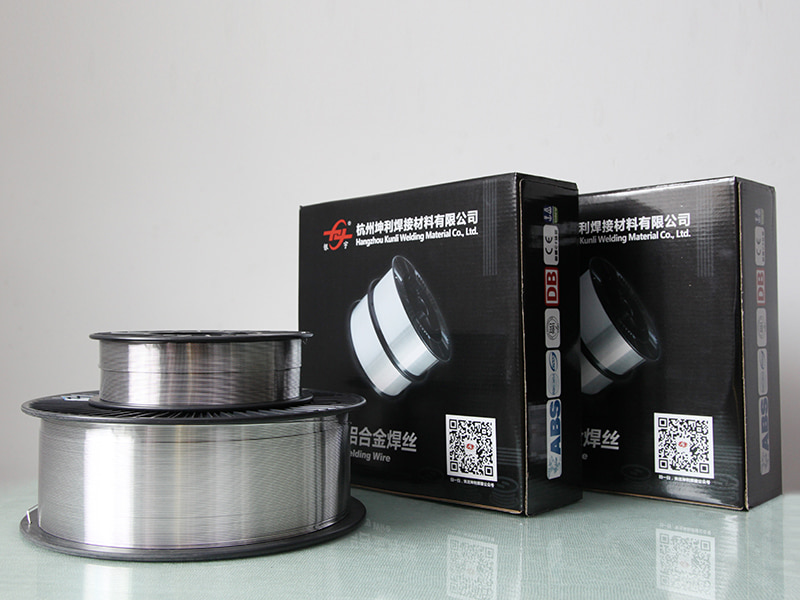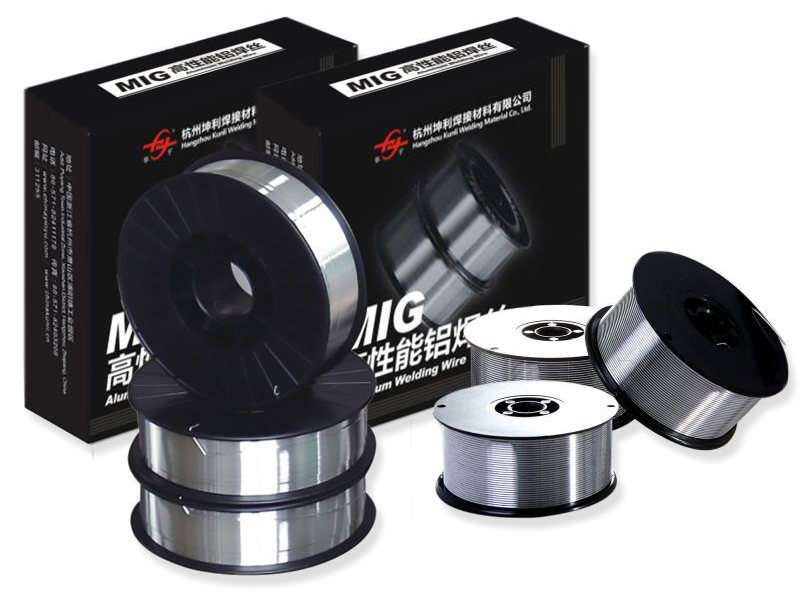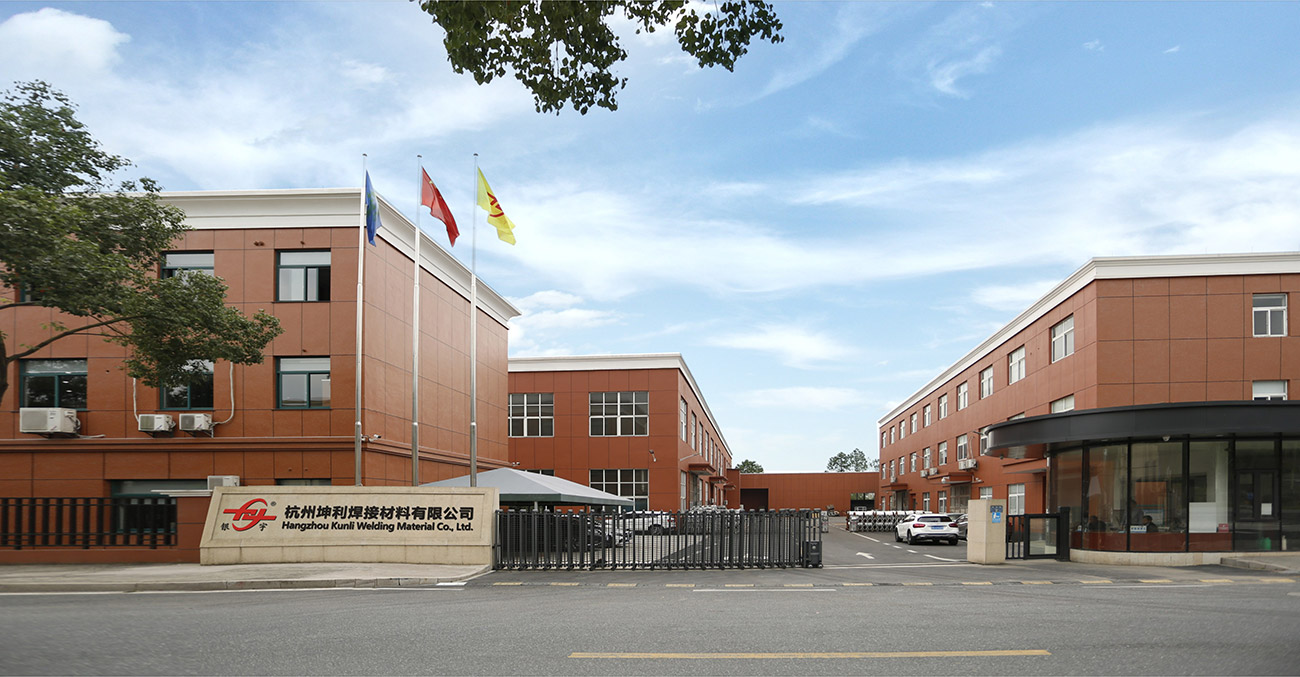Introduction
The fabrication of modern railway cars requires filler metals that offer a combination of high tensile strength, fatigue resistance, and smooth weld bead aesthetics. Our dedicated wire formulations, including specific high-Magnesium alloys, are engineered to meet the stringent safety and longevity standards of the rail industry. These wires ensure consistent mechanical properties across complex, long-run welds typical in train carriage assembly, contributing to reduced weight and increased energy efficiency in transportation systems.
Specification
| Classification (AWS) | ER5087 / ER5356 |
| CRRC Standard | Qualified Supplier Status |
| Base Metal Compatibility | 6000 and 7000 series aluminum alloys (Heat-treatable) |
| Shear Strength (Typical) | 180 MPa - 210 MPa |
| Supply Form | Layer-wound spools for robotic and automated welding |
Applications
Assembly of aluminum body shells and structural components for high-speed trains (e.g., CRRC projects).
Fabrication of passenger train interiors and luggage racks.
Welding of freight rail wagons and bulk transportation containers.
Repair and maintenance of rail infrastructure and sub-assemblies.
Payment and Shipping
Inventory Management: Ability to hold buffer stock for large, recurring orders to ensure JIT (Just-In-Time) delivery to production lines.
Custom Packaging: Option for bulk-packed drums or specialized spools to integrate directly with high-volume robotic welding systems.
Documentation: Full material traceability and Mill Test Certificates (MTCs) provided with every shipment.
 English
English Deutsch
Deutsch
 English
English Deutsch
Deutsch

